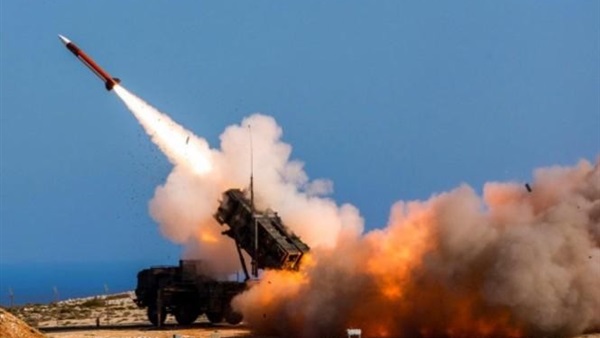Yemen’s Prime Minister Maeen Abdulmalik Saeed has accused Iran of being responsible for the attack claimed by the Houthis.
In a tweet, Saeed blamed Iran for a blast at a police station in the southern port city that security sources said involved an explosives-laden car.
Saudi Arabia’s envoy to Yemen, Mohammed bin Saeed Al Jabir in a separate tweet, corroborated the Prime minister’s stance, saying that the attacks indicate that Iran “shares common goals with fellow terrorists such as Daesh (a term used to refer to the Islamic State group) and al Qaeda”.
However, Shiite Muslim Iran denies having any involvement in Yemen, where the Saudi-led Sunni Muslim coalition intervened in 2015 to try to restore the internationally recognised government ousted from power in the capital Sanaa by the Houthis in late 2014.
The Houthi’s official channel Al Masirah TV said the group had launched a medium-range ballistic missile and an armed drone at the parade, which it described as being staged in preparation for a military move against provinces held by the movement.
The commander killed at the parade was Brigadier General Muneer al-Yafee, a leading southern separatist figure, a government military source and security sources said.
Yafee had stepped off the stage to greet a guest when the explosion took place. Flags of the former South Yemen and those of the coalition fluttered as the military band was waiting for its cue to start playing.
“The blast occurred behind the stand where the ceremony was taking place at Al Jalaa military camp in Buraiqa district in Aden,” the Reuters witness said. “A group of soldiers were crying over a body believed to be of the commander.”
The Houthi military spokesman said the parade “was being used to prepare for an advance” on Taiz and Dalea provinces.
The government of Abdu-Rabbu Mansour Hadi controls Aden. The Houthi movement, which denies being a puppet of Iran and says its revolution is against corruption, holds Sanaa and most of the biggest urban centres in the Arabian Peninsula nation.
The Western-backed coalition led by Saudi Arabia and the UAE has come under international pressure to end the war that has killed tens of thousands and pushed Yemen to the brink of famine.
The more than four-year conflict is widely seen in the region as a proxy war between Saudi Arabia and Iran.
Last month the UAE said it was scaling down its military presence in areas including Aden and the western coast, but that this would not leave a vacuum as it had trained 90,000 Yemeni forces from among southern separatists and coastal plains fighters.
The Houthis have stepped up cross-border missile and drone attacks on Saudi cities and the coalition has responded with air strikes on Houthi military sites, mostly around Sanaa.
Al Masirah said the Houthis launched a long-range ballistic missile on a military site in Dammam in Saudi Arabia’s Eastern Province on Thursday. There was no immediate confirmation from the coalition or Saudi authorities.
The escalating violence could complicate UN-led efforts to implement a troop withdrawal in the main porty city of Hodeidah to pave the way for political talks to end the war amid mistrust among parties and competing agendas of Yemen’s fractious groups.
